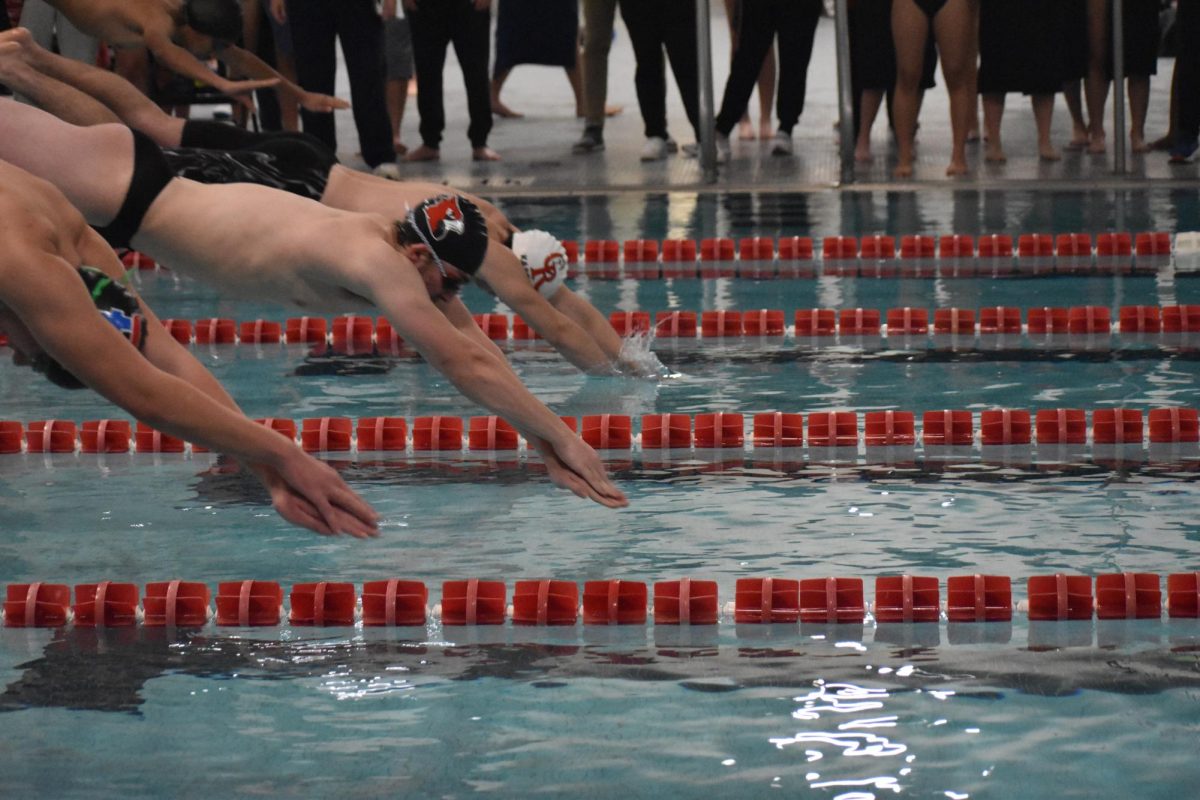
After finding out last year that I had the privilege of becoming the new Sports Editor for The Journal, I spent my summer pondering over what I was going to write.
As you can tell by my column name, I’m a runner (Run with it? Running? Get it?), which means I spent many summer mornings meeting my cross country teammates outside for two hours of lovely, definitely-not-hard-at-all training.
Even though running was difficult, I had a great time with my team. A big part of what made the experience great, though, was my coach, Nathan Fishel, whose endless encouragement was appreciated. Fishel’s kindness got me thinking, and that thought led me right to the topic of my first column.
As someone who’s experienced a multitude of coaches, I’ve seen the impact they can have. Bad coaches can cause their athletes to feel discouraged, dread coming to practice and even hate the sport. Good coaches, on the other hand, are necessary for a team and player’s success.
What defines a good coach though? While effective coaching strategies may be different from person to person, generally, a good coach will try to build trust with their athletes. To me, this is best achieved by being encouraging, adaptable and knowledgeable. Having these qualities guarantees the best scenario in almost any situation a coach may encounter.

The importance of good coaches may be even greater in the world of professional sports. With more risk attached to each game, a coach’s guidance is necessary.
An example of a professional coach considered “good” by most is Tony Dungy, the head coach of the Indianapolis Colts from 2002 to 2008. Multiple articles and opinion pieces speak on Dungy’s calm encouragement and the respect he showed his players.
These qualities led Dungy’s team to achieve great things. Under his coaching, the Colts won a Super Bowl, claimed five divisional titles and made it to the playoffs for seven years.
While their success was of course due to the players’ abilities, part of the credit should also be given to Dungy’s coaching. Without his often-praised guidance, the Colts might not have had such success.
Truly good coaches, like Fishel and Dungy, aren’t plentiful, but the positive effects they bring to a team are invaluable. With that in mind, if you’re an athlete, go make sure your coach feels appreciated!














